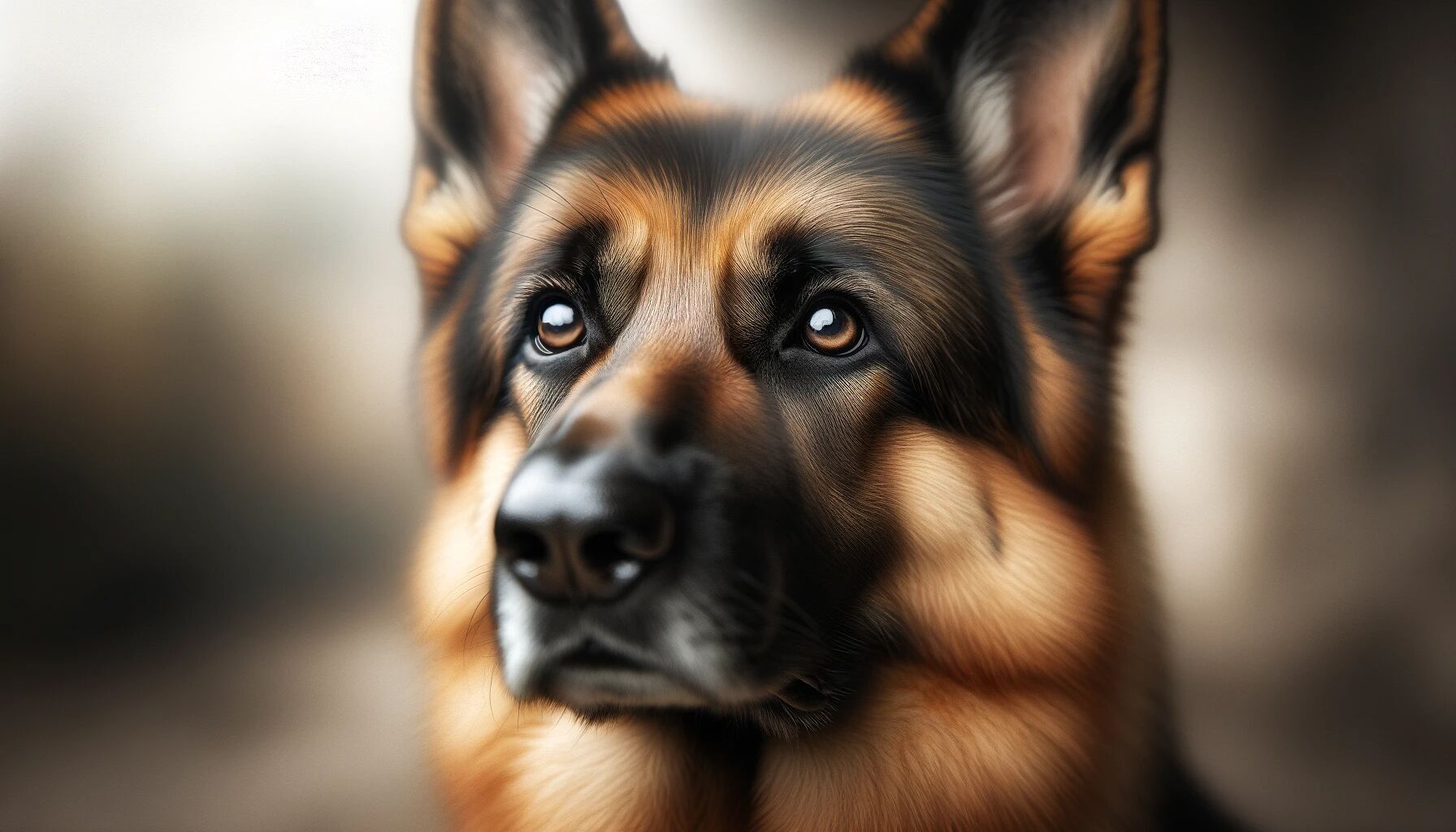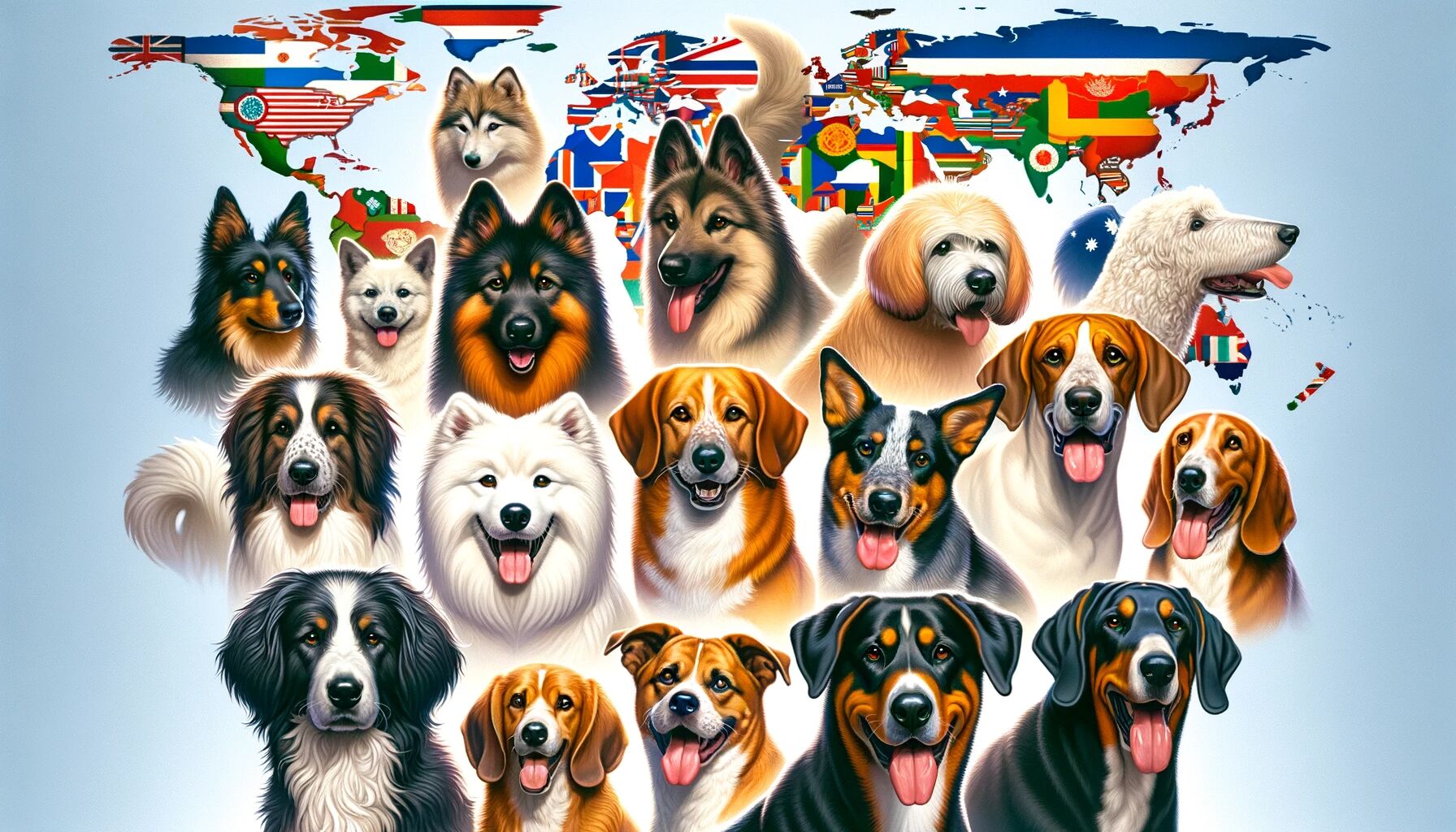Introduction
Protective dog breeds such as German Shepherds, Dobermans, and Rottweilers have earned a reputation as loyal guardians. These breeds are not only known for their physical prowess but also for their intelligence and strong sense of loyalty. This article explores the characteristics that make these breeds exemplary protectors and what potential owners should know.
German Shepherds: Versatile Protectors
German Shepherds are one of the most versatile protective breeds. Initially bred for herding, they quickly proved their worth as all-purpose working dogs. Known for their intelligence, strength, and obedience, they excel in various roles, from police and military work to serving as loyal family protectors.
In a family setting, German Shepherds are known for their loyalty and protective instinct. They form strong bonds with their families and are often particularly gentle and patient with children. Proper training and socialization are key to ensuring they are well-behaved and able to distinguish between normal and threatening situations.
Dobermans: A Blend of Elegance and Vigilance
Dobermans are often recognized for their sleek, muscular build and alert demeanor. Originally bred as personal protectors, they are quick, powerful, and incredibly loyal to their owners. Their imposing appearance can be a deterrent in itself, but it's their intelligence and loyalty that truly make them effective guardians.
Dobermans require consistent training and socialization to harness their protective instincts positively. They are sensitive to their owner's emotions and respond well to positive reinforcement. With the right training, they are affectionate and devoted pets, suitable for families looking for a dog with a protective nature.
Rottweilers: Strong and Steadfast Guardians
Rottweilers are known for their strength and steadfastness. Originally used to drive cattle and pull carts, their protective instincts have been honed over centuries. They are powerful dogs with a calm and confident demeanor, making them effective protectors.
Rottweilers can be loving and affectionate with their families, forming deep bonds. They require firm, consistent training and early socialization to develop into well-adjusted adults. When properly trained, they are reliable and can differentiate between everyday interactions and genuine threats, making them excellent family guardians.
Conclusion
Protective dog breeds like German Shepherds, Dobermans, and Rottweilers offer a unique combination of loyalty, intelligence, and strength. Understanding and catering to their specific needs in terms of training, socialization, and care is crucial. For the right owner, these breeds are not just protectors but loyal and loving members of the family.




 Breeds of the World
Breeds of the World